China coronavirus: Lunar New Year subdued as outbreak spreads
- Published
What's life like in quarantined Wuhan?
China is marking the Lunar New Year, one of the most important dates in its calendar, while concerns grow about the coronavirus outbreak.
As millions go home for the holidays, travel restrictions have been expanded to 13 cities - home to more than 36 million people - in Hubei province, the centre of the outbreak.
There are currently 830 confirmed cases in China, 26 of whom have died.
The virus has now spread to Europe, with three cases confirmed in France.
The first case was in Bordeaux, while the other two were in the Paris area, the French health minister said on Friday night.
Wuhan, where the outbreak began, is rapidly building a new hospital.
The city - home to around 11 million people - is struggling to cope with the increasing number of patients.
Chinese media outlets said the 1,000-bed hospital could be ready within six days. A total of 35 diggers and 10 bulldozers are currently working on the site.
The project will "solve the shortage of existing medical resources" and would be "built fast [and] not cost much... because it will be prefabricated buildings", the Changjiang Daily said.

This photo was taken at the construction site on Friday
Videos have been circulating on social media, reportedly taken by Wuhan residents, showing long queues at local hospitals.
Allow X content?
This article contains content provided by X. We ask for your permission before anything is loaded, as they may be using cookies and other technologies. You may want to read X’s cookie policy, external and privacy policy, external before accepting. To view this content choose ‘accept and continue’.

What restrictions are in place in Hubei?
Travel restrictions vary from city to city.
Wuhan is effectively on lockdown: all bus, metro and ferry services have been suspended, and all outbound planes and trains cancelled.
Residents have been advised not to leave, and roadblocks have been reported.
Ezhou, a smaller city in Hubei, shut its railway station. The city of Enshi has suspended all bus services.

Analysis - A worrying development?

We have a crucial new piece of information - people with no symptoms of infection may be able to spread the virus.
Scientists in China have published detailed information, in the Lancet medical journal, on the first cases in the country.
It includes information on a child with no outward symptoms, but a clear coronavirus infection in their lungs.
Prof Kwok-Yung Yuen from the University of Hong Kong-Shenzhen Hospital said "asymptomatic infection appears possible".
How often or easily this happens is far from clear, but it could make the virus far harder to contain.
Prof Yuen said if this was the case, then controlling the epidemic would rely on isolating patients and quarantining anyone they came into contact with "as early as possible".
Researchers also said the new virus was closely related to one found in Chinese horseshoe bats.

And the rest of China?
City officials in the capital, Beijing, and Shanghai have asked residents who return from affected areas to stay at home for 14 days to prevent the spread of the virus, local media report.
Have you been affected? Get in touch: haveyoursay@bbc.co.uk
Authorities have also shut major tourist sites including the Forbidden City in Beijing and a section of the Great Wall, and cancelled major public events in other parts of the country, including:
Traditional temple fairs in Beijing
An international carnival in Hong Kong
Hong Kong's annual football tournament
All public Lunar New Year celebrations in Macau
Shanghai's Disney Resort is temporarily closing, as are McDonald's restaurants in five cities.
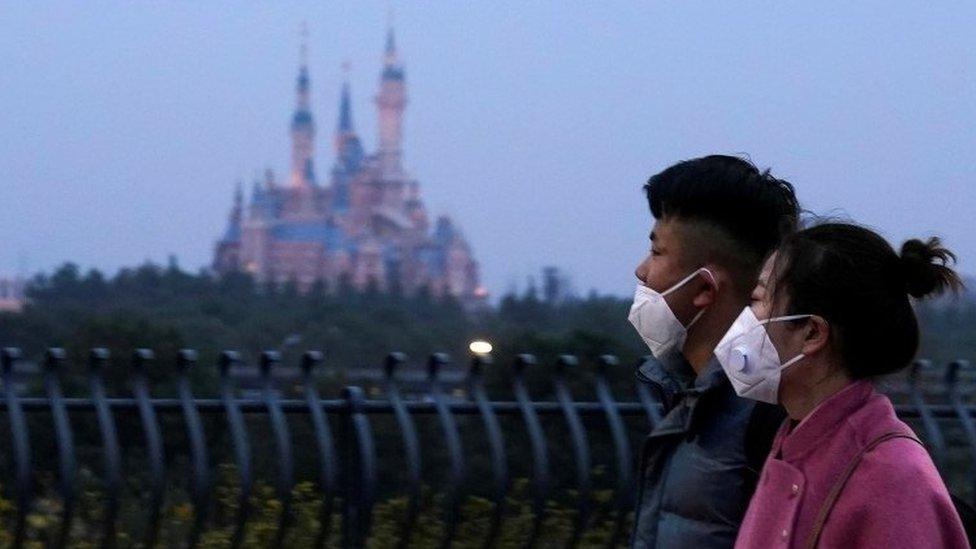
Shanghai Disney Resort is closed for the holidays
On Thursday, a coronavirus patient died in northern Hebei province - making it the first death outside Hubei.
Another death was later confirmed in north-east Heilongjiang province, more than 2,000km (1,200 miles) from Wuhan.

Earlier, when the death toll was 17, information from China's National Health Commission said the youngest person who died from the virus was 48 and the oldest was 89.
But 15 of the 17 were over 60, and more than half suffered from other chronic diseases including Parkinson's and diabetes. Just four were women.
What's the global situation?
French Health Minister Agnès Buzyn said one of the French cases, a 48-year-old man of Chinese origin who had been visiting Wuhan, had been hospitalised in Bordeaux. Little was known about the second case, in hospital in Paris, except that the patient had been travelling in China.
It was likely other cases would occur in Europe, Ms Buzyn added.
She confirmed a third case, in Paris, later on Friday evening.
Earlier on Friday a case was confirmed in Chicago, the second in the US.
Singapore confirmed its third case, known to be the son of another patient, also on Friday. Nepal recorded its first case on the same day.
Thailand has five cases confirmed; Japan, Vietnam and South Korea two each; and one in Taiwan.

Other nations are investigating suspected cases, including the UK, US, and Canada.
WHO regional director says China now has "stronger capacity" to deal with infectious outbreaks
The World Health Organization has not classed the virus as an "international emergency", partly because of the low number of overseas cases.
"It may yet become one," said the WHO's director-general, Dr Tedros Adhanom Ghebreyesus.

Learn more about the new virus

Your questions: You asked, we answered
The story explained: How worried should we be?
Wuhan profiled: The city now in lockdown
In detail: Follow all our coverage here

Are you in China? Have you been affected by the lockdown in various cities? Email haveyoursay@bbc.co.uk, external.
Please include a contact number if you are willing to speak to a BBC journalist. You can also contact us in the following ways:
WhatsApp: +44 7756 165803
Tweet: @BBC_HaveYourSay, external
Send pictures/video to yourpics@bbc.co.uk, external
Please read our terms & conditions and privacy policy
- Published23 January 2020
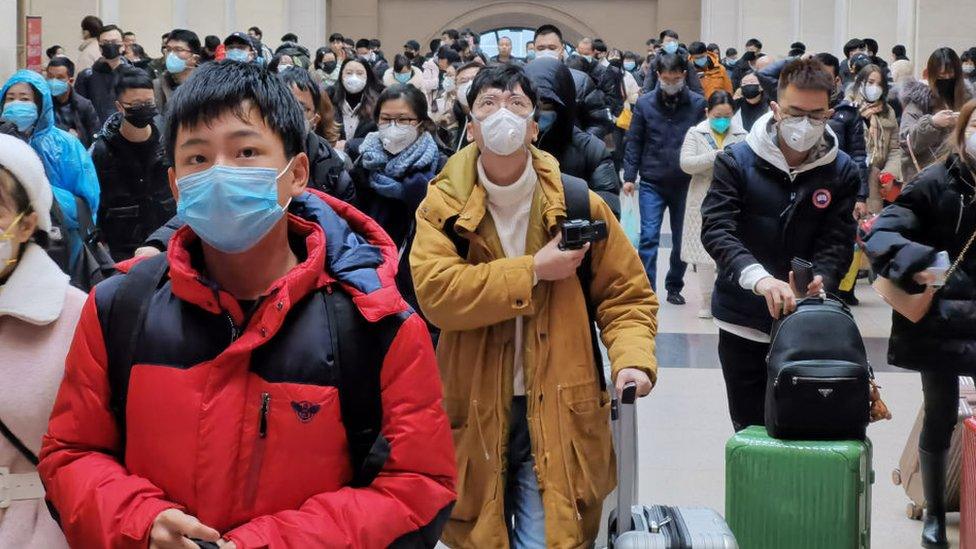
- Published22 January 2020
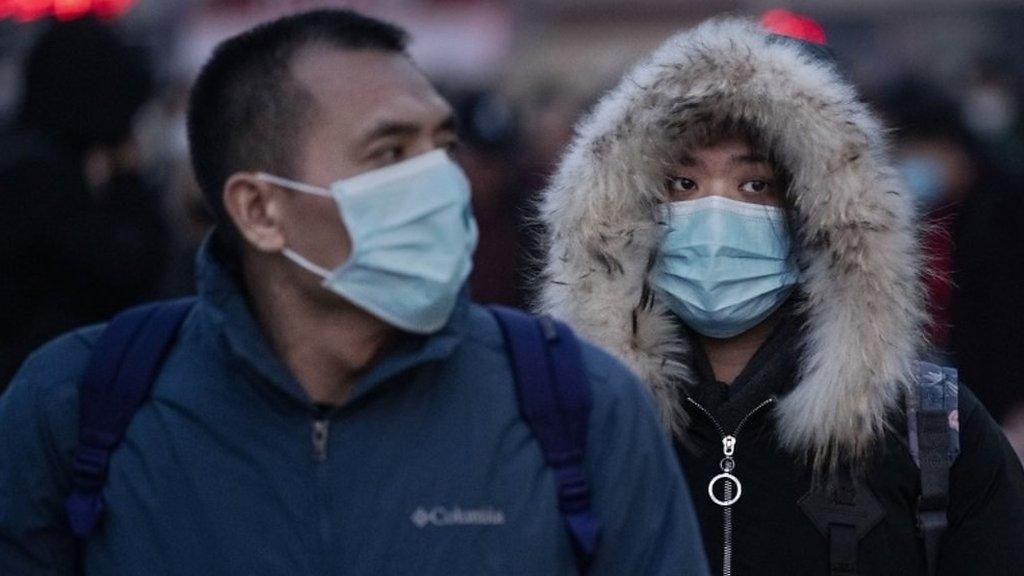
- Published21 January 2020

- Published22 February 2022
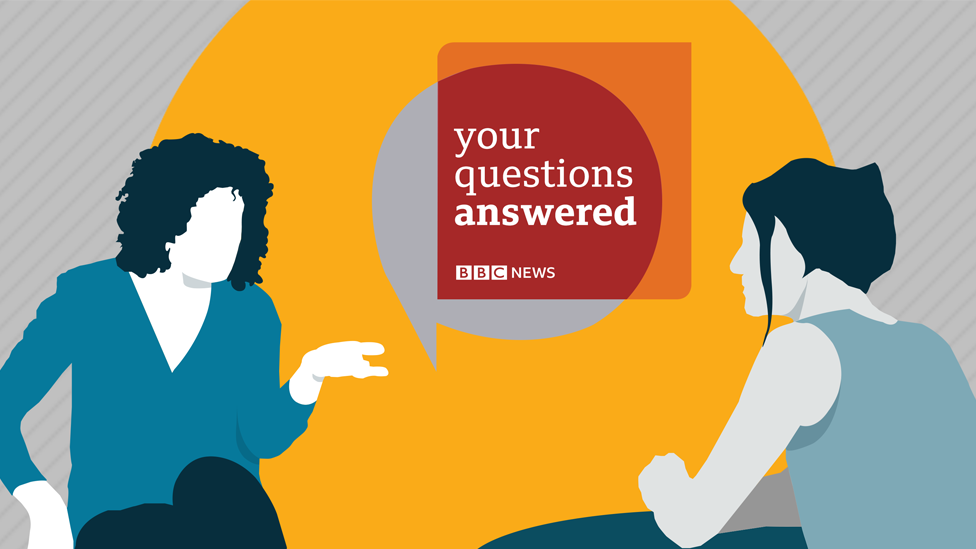
- Published6 October 2021

- Published21 January 2020
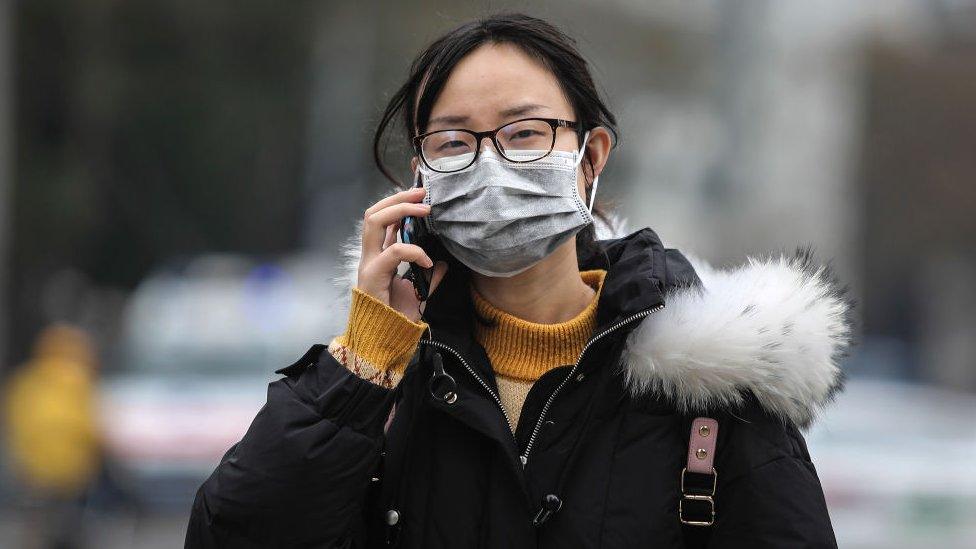
- Published18 January 2020

- Published24 January 2020
